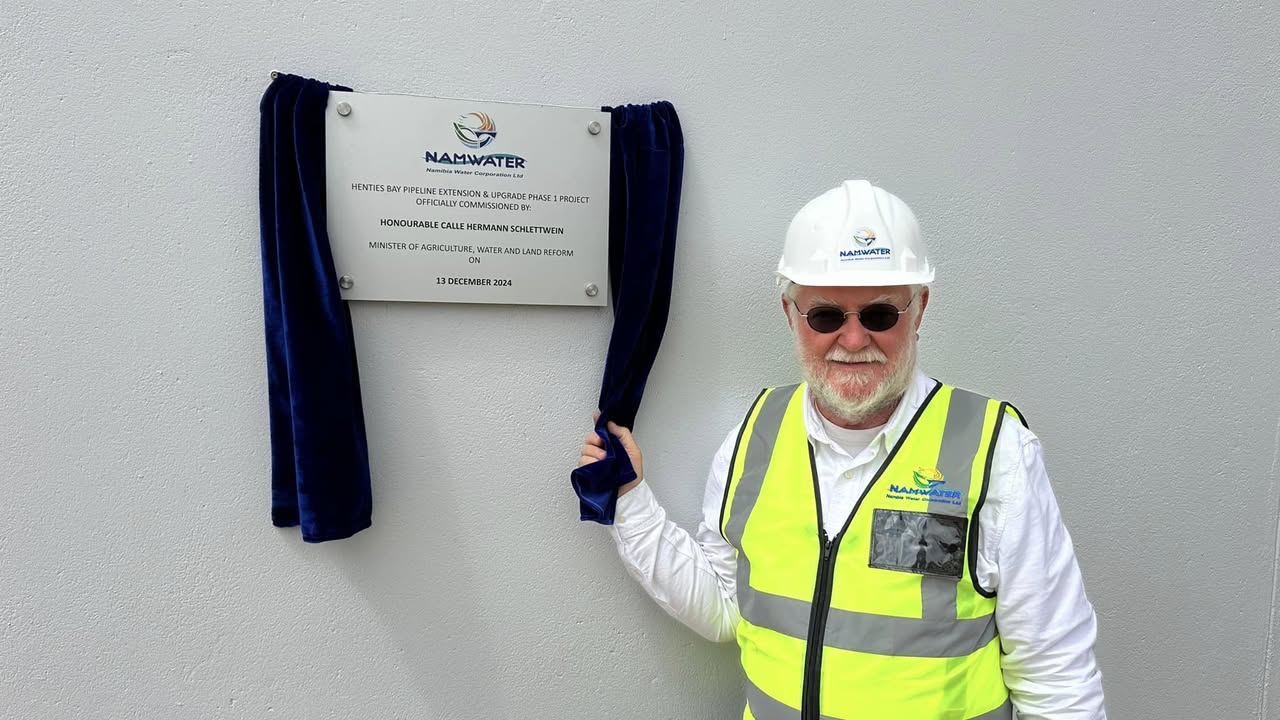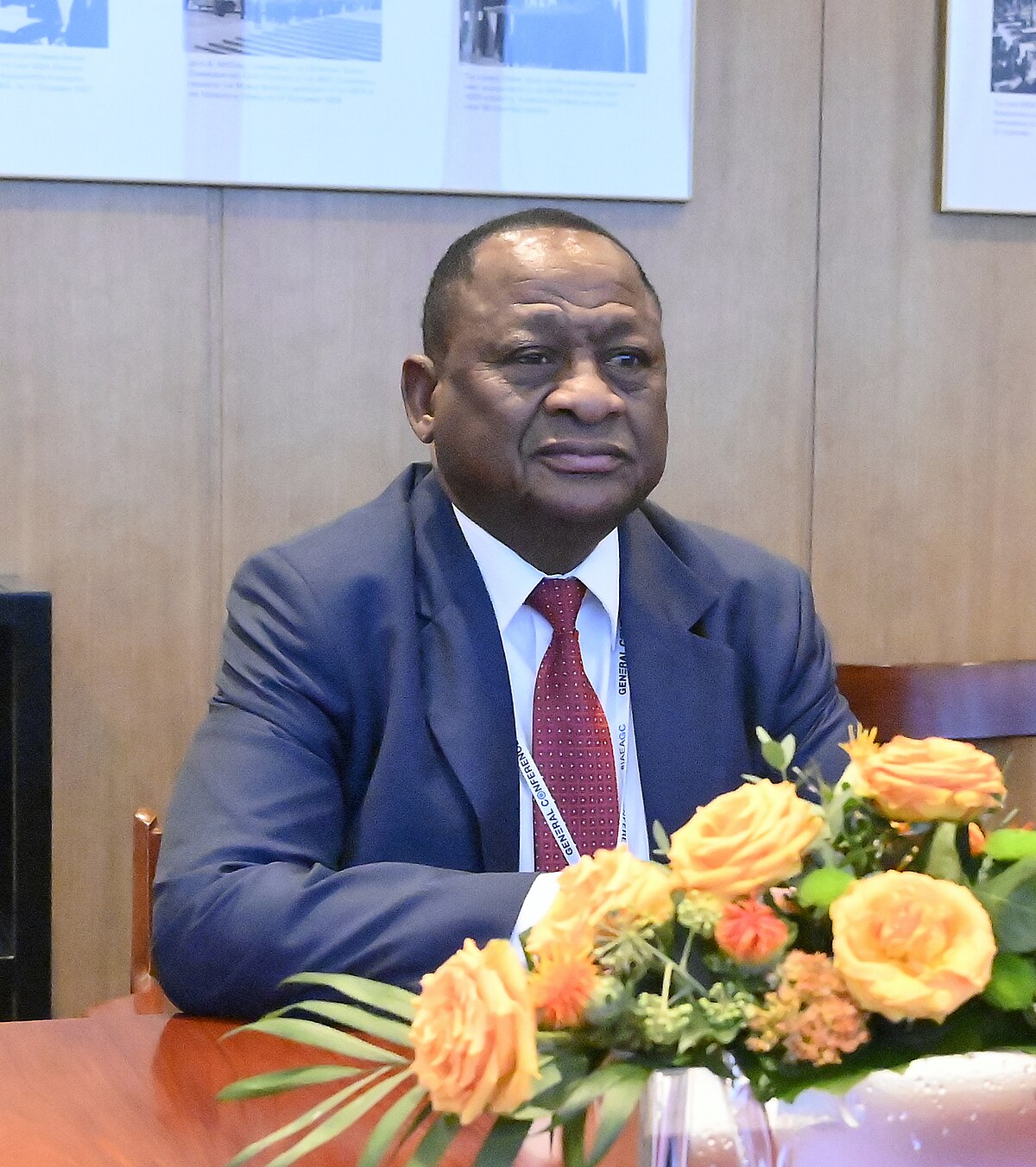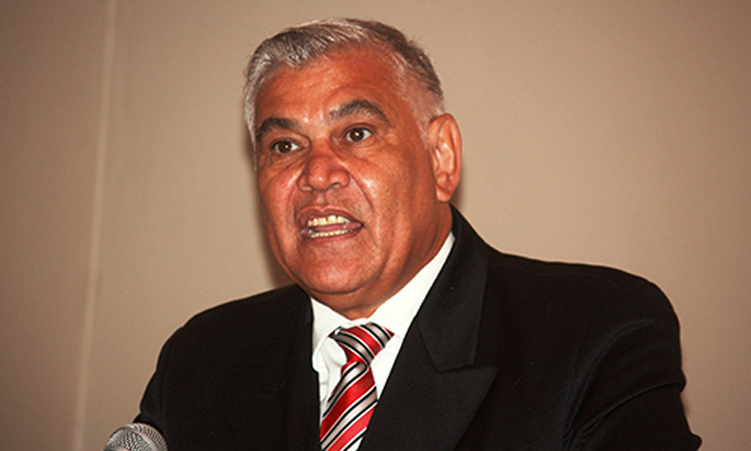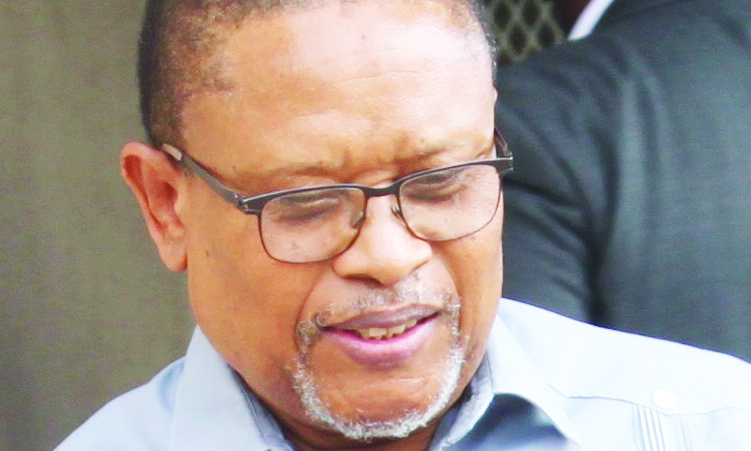… Families sometimes forced to travel 118 kilometres to the next morgue
Some residents of the Khorixas constituency are forced to transport their dead loved ones to the nearest mortuary up to 118 kilometres away.
This has left the Anigab, Bergsig and Fransfontein communities grappling with significant distress and a public health challenge.
The issue has sparked concern among residents and local authorities, highlighting the need for urgent intervention.
Khorixas constituency councillor Sebastian Gobs detailed the residents’ struggles during a recent interview with The Namibian.

“There are no mortuaries in these areas and in densely populated areas like these, the lack of a mortuary means that families are often forced to transport bodies themselves.”
Gobs emphasised the difficulties this creates for the community, particularly when dealing with the deceased.
“Whenever there is a death within the settlement, families are sometimes referred to the police. If the police don’t have transport, the families must bring the corpse to the Khorixas mortuary themselves and that could mean driving about 118 kilometres,” Gobs said.
This issue extends to clinics at Fransfontein, Anigab and Bergsig.
Despite being well-established, these clinics lack the facilities to properly handle deceased individuals, he added.
“All these areas have schools, agricultural development centres and hostels. Whenever there is a death, the absence of a mortuary means that the burden falls on the community to manage.”
The challenges are compounded by the fact that the Anigab area does not have a police station.
“In cases of death, if the police are unable to assist due to a lack of transport, the family must make arrangements themselves,” Gobs said.
He emphasised that he has been advocating for improvement for years but his pleas have fallen on deaf ears.

“I have appealed to the minister to consider providing a small mortuary at each of these clinics to store corpses until transport can be arranged,” Gobs said.
He noted that other areas in the constituency need new clinics but despite various requests from the community and traditional leaders, there has been no response from the health and social services ministry to date.
United Democratic Front spokesperson Mabasen Narib has echoed calls for the government to provide funds to equip local clinics in the Kunene region with functional mortuaries.
“At the moment only Khorixas has a mortuary in the Khorixas constituency. Surrounding places like Bergsig, Terrace Bay and Fransfontein do not have mortuaries at the local clinics.”
He says when someone dies at home, the body has to be picked up by the police but there are often delays in this process due to the police not having enough vehicles.
Narib says the situation puts the family members under heavy pressure to transport the bodies of their loved ones to Khorixas themselves while mourning.
“This is a very costly and emotionally draining exercise.”
He says the availability of ambulances also requires attention.
“Patients who need urgent medical attention are also waiting for hours for the ambulance to come from Khorixas.”
He has called for the situation to be addressed urgently.

Popular Democratic Movement parliamentarian Inna Hengari says the situation at Khorixas is tragic but unsurprising.
Hengari says the issue of overcrowded mortuaries isn’t unique to Khorixas but is a nationwide crisis.
“For over 33 years, ordinary Namibians have been abandoned to struggle on their own, while the well-connected and wealthy receive state-sponsored burials, extravagant caskets and grand memorials.
She says the state has a fundamental duty to uphold the dignity of all people, regardless of their background.
“The sight of bodies lying in mortuaries, unclaimed and tagged as ‘unknown’ is a disgrace to our collective humanity,” she says.
“By April, N$2 million was spent on 23 state-sponsored burials. Isn’t it absurd that those who can afford lavish services are exempt from paying, while those who suffer in poverty are denied even a dignified resting place?”
Hengari has emphasised the need to confront the criteria determining who receives these privileges. She argues that it’s crucial to reassess and challenge the current standards to ensure fairness and equity.
Joyce Muzengua, representing the human rights desk of the Landless People’s Movement, argues that the cost of burials is significantly higher due to the lack of nearby mortuary facilities.
“These communities often have to transport their loved ones to distant towns that can provide such services, which adds to their financial burden.
“The state needs to provide these facilities through state hospitals or clinics, or the local governing bodies must offer incentives for private funeral companies to establish their services in these areas,” Muzengua says.
The substantial financial burden on communities often results in undignified funerals, she adds.
“Even if these facilities come at a higher cost, it would allow families to keep their loved ones for an appropriate mourning period, in line with their traditions and norms,” she says.
She highlights that the absence of mortuaries is causing pain to these communities.
“I can only imagine the distress of losing a loved one like a mother and being forced to bury her the next day due to the lack of a nearby mortuary,” she adds.

Former health minister Bernard Haufiku says constituencies in the region should cooperate and support each other by making space available in their mortuaries for those that do not have these facilities.
“Khorixas was also one of the places I visited frequently during my time in the ministry but I do not recall if the issues raised here were also brought to my attention then. Possibly because in our focus and preoccupation to save lives and promote well-being, we may have neglected to pay sufficient attention to the departed, hence this situation now.”
Haufiku says the public and private sectors, as well as the police should work together to support one another while efforts are being made to provide more mortuaries to areas in need, in line with the growing population and demand for morgues.
“It is also imperative for the community to work with and cooperate with the ministry, for example to claim and collect the bodies of their deceased families and friends well in time, so as to make space for others,” he adds.
Ministry of Health and Social Services spokesperson Walters Kamaya has admitted to the lack of mortuaries at Anigab, Bergsig and Fransfontein.
He says the mortuary at the Khorixas District Hospital can accommodate up to 12 bodies.
“In the meantime, the community is advised to make use of other mortuaries at Erwee clinic, Kamanjab Health Centre and as far as possible up to the Outjo District Hospital mortuary, in case of an urgent need.”
The ministry will continue to monitor the situation, based on statistical realities of deaths that may potentially warrant a need for a mortuary facility in the affected areas, he adds.
“In line with the Ministry of Health and Social Services’ policy on establishing a mortuary,” he notes.
“If the areas mentioned meet the policy key criteria of the distances and population requirements, surely they will be considered for mortuary facilities in the future.”
Stay informed with The Namibian – your source for credible journalism. Get in-depth reporting and opinions for
only N$85 a month. Invest in journalism, invest in democracy –
Subscribe Now!






